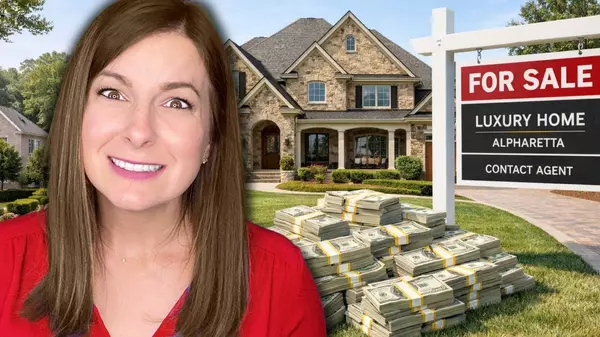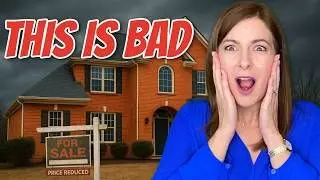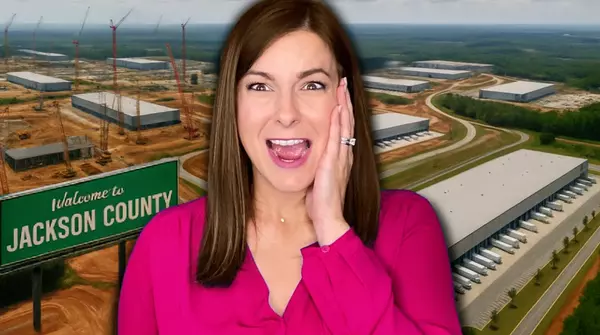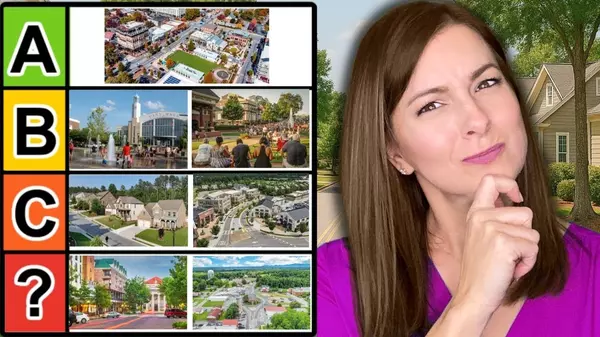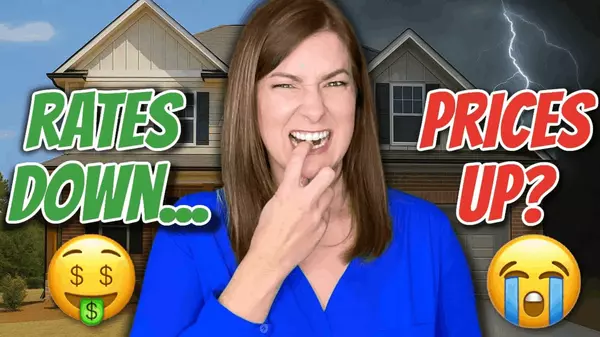
If I Were Moving to Metro ATL in 2025, I'd Move HERE: Buford, GA
If you’re looking for a town in Northeast Metro Atlanta with excellent shopping, great amenities, top-notch schools, and a price tag that won’t rival Alpharetta or Johns Creek, Buford, GA, might be your perfect fit. Why Buford Stands Out Buford offers all the modern conveniences you could want but a

The Hard Truths About Moving to Metro Atlanta in 2025
Metro Atlanta, particularly the northeast suburbs, continues to attract newcomers in large numbers. With strong schools, attractive amenities, and better affordability than many other states, it’s easy to see why the region is growing so rapidly. But like anywhere, it’s not perfect—and there are a f

Before You Move to Suwanee, GA Don't Skip This!
Suwanee, Georgia is frequently ranked as one of the best places to live in northeast metro Atlanta—and for good reason. With top-tier schools, a strong sense of community, and excellent amenities, it’s a destination that attracts families, professionals, and retirees alike. But before you make the m
Categories
- All Blogs (196)
- 55+ Community (5)
- Alpharetta (10)
- Atlanta (18)
- Braselton (3)
- Buford (9)
- Cumming (9)
- Dacula (1)
- Dawsonville (2)
- Duluth (3)
- Florida (4)
- Flowery Branch (4)
- Gainesville (14)
- Georgia (49)
- Grayson (1)
- Home Buyer (1)
- Homeowners (1)
- Hoschton (1)
- Housing Market (3)
- Jefferson (2)
- Johns Creek (4)
- Lake Hartwell (1)
- Lake Lanier (16)
- Lawrenceville (3)
- Loganville (1)
- Metro Atlanta (14)
- Milton (1)
- Monroe (1)
- New Construction (6)
- North Georgia (3)
- Real Estate Market (9)
- Snellville (1)
- Sugar Hill (2)
- Suwanee (5)
- Townhomes vs Houses (1)
- Townhouse (1)
- YouTube Resources for Agents (1)
Recent Posts
